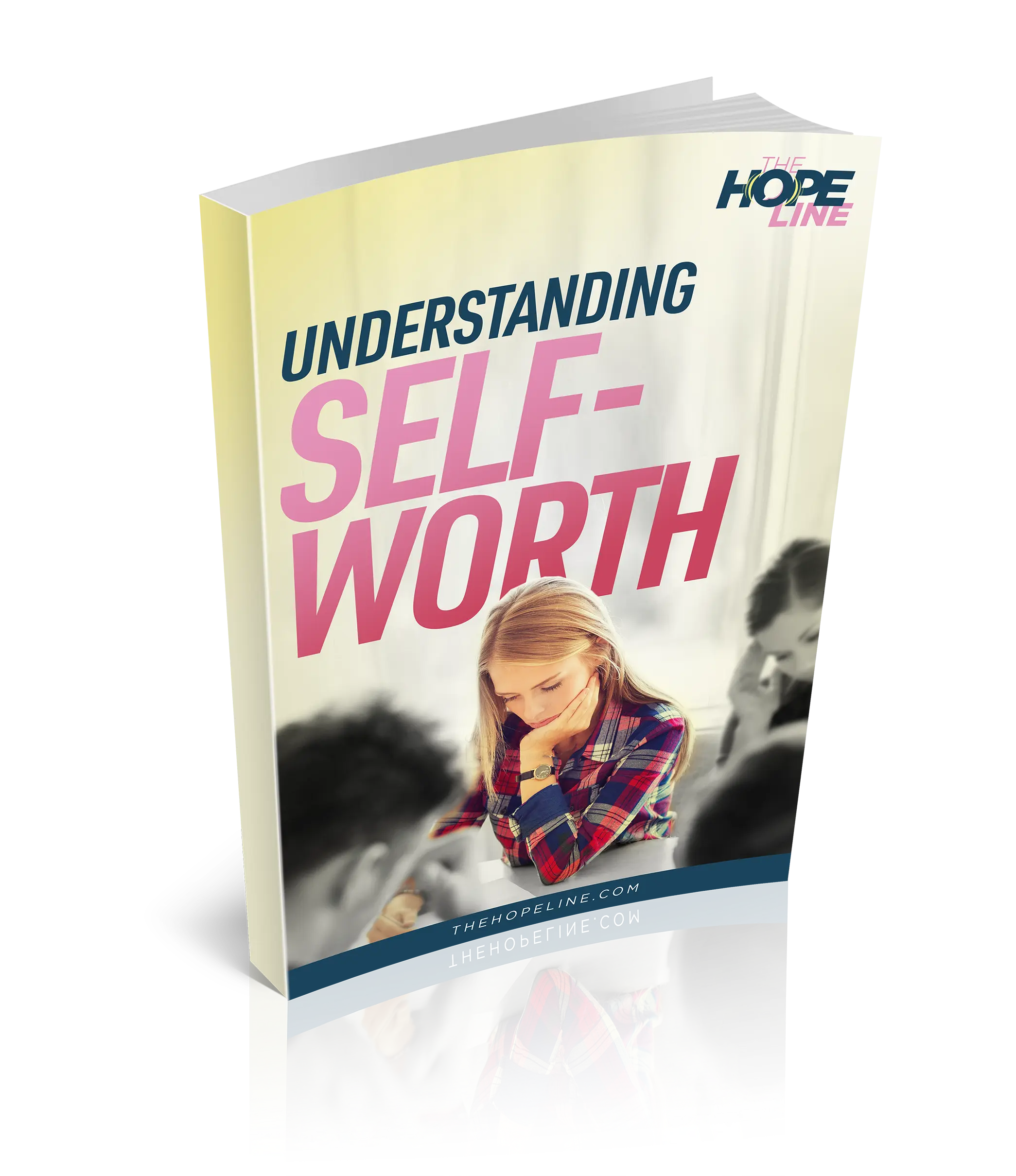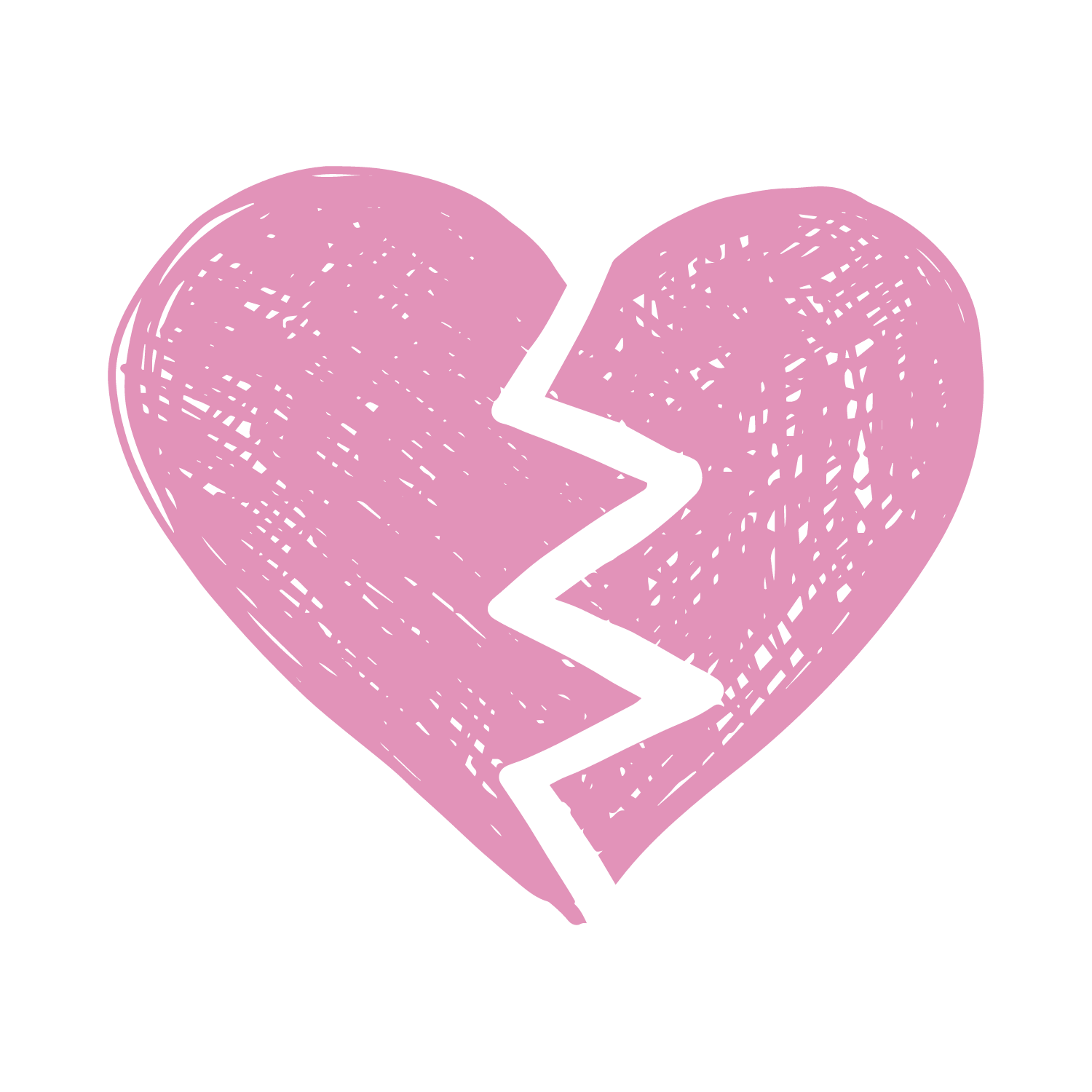If you want to know how to stop hating yourself, it's time to dig down to the root of the problem. If you’re naturally critical, or always working on yourself, you might wonder how to tell if you hate yourself. Have thoughts like this ever crossed your mind?
• I can’t believe how [ugly, fat, stupid, etc.] I am
• I am such a failure. I knew I would mess this up
• I wish I could stop being a screw-up, but I think that’s just who I am
Everyone thinks I’m a loser, and I get why.
If you’ve had these thoughts, you know what it feels like to struggle with the despair of self-loathing. If you want to stop hating yourself, it’s important to understand not only that these intense feelings come from a place of pain, but that the pain can be healed.







 Privacy Policy / Terms of Use
Privacy Policy / Terms of Use